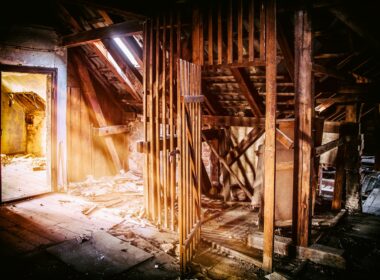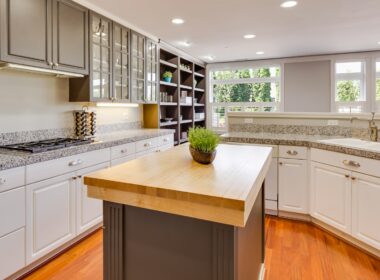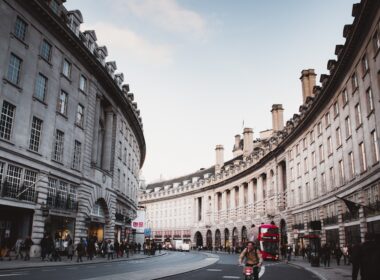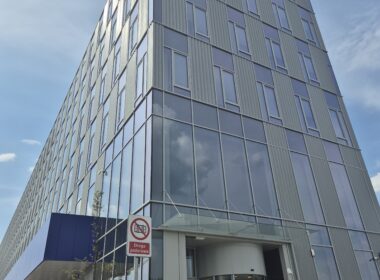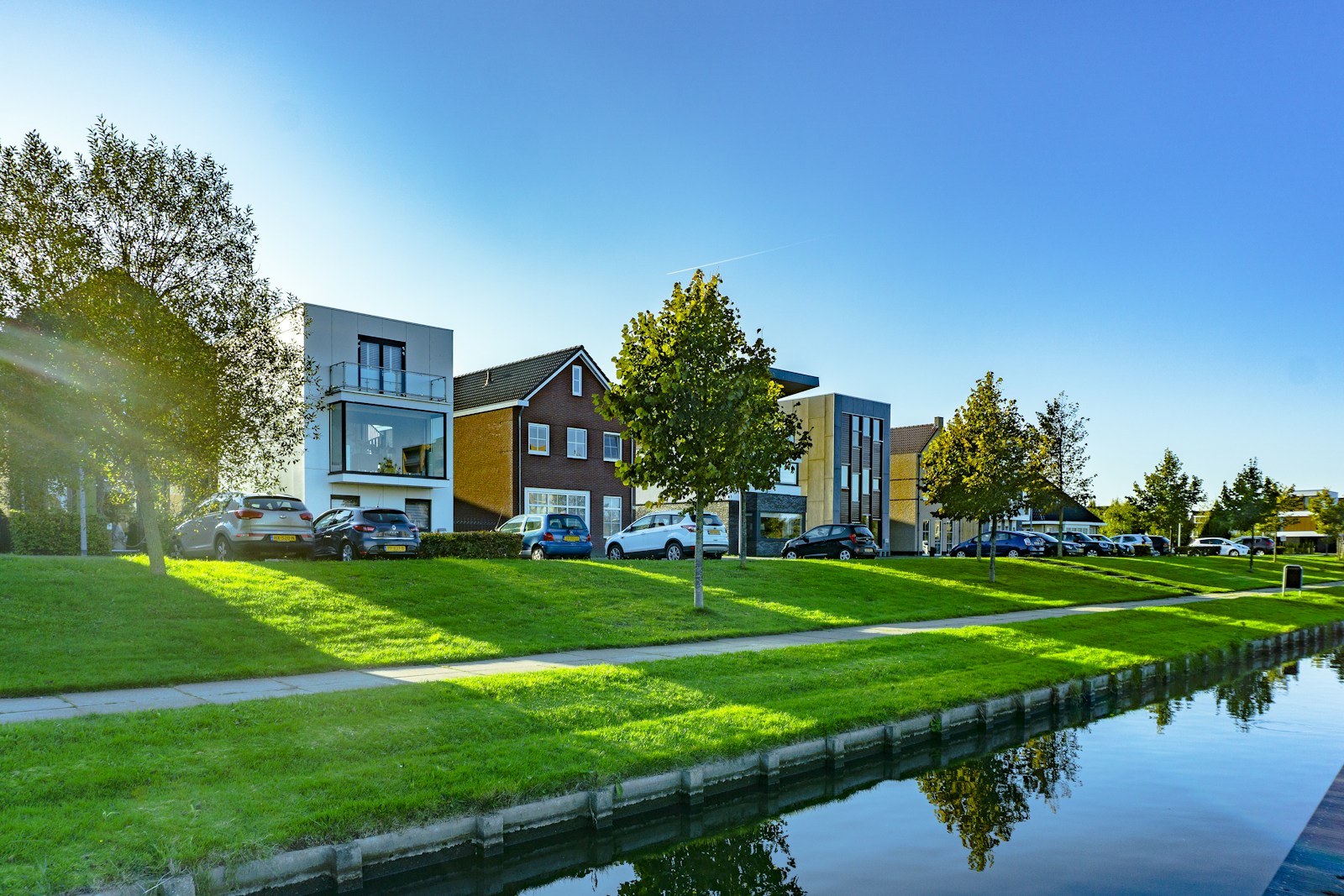Recent reports have suggested that the UK housing market is on the brink of a significant bounce-back, with prices estimated to surge by 20 percent over the next five years.
However, property expert Jonathan Rolande, the founder of House Buy Fast, has cautioned that while the potential for growth exists, certain obstacles must be overcome before such optimistic predictions can become a reality.
Commenting on the forecasts, Rolande said, “Many forecasts predict values are set to rise by at least 20 percent in the coming years as stability returns. This has led to claims that the average house price could reach £346,500 by 2028. Nobody knows for certain what will happen. I believe such high estimates are very optimistic. But on the other hand, interest rate cuts, which we expect to see ahead of a General Election, could stimulate the market and lead to prices rising again.”
Rolande also highlighted the potential for higher price growth in certain regions of the UK, particularly in the north west and the Midlands, over the coming years. However, he outlined several key barriers that could hinder the predicted price surge:
Lack of wage growth
In 2001, the average house price was 5x the average wage, but it has now risen to 8x that amount. Wages have not kept pace with the substantial increases in prices, making it difficult to envision a sharp rise in house prices until this imbalance is addressed.
Interest rates
The Bank of England has hiked rates 14 times in a row, which has now been paused but left at a relatively high rate, further impacting affordability. Even with base rate rises, many lenders have increased the cost of mortgages by raising rates themselves and/or pushing up application fees. Cuts, which are hoped to be seen soon, would provide some relief.
High rents
Buy-to-Let investments remain attractive for investors due to high rental prices, while simultaneously crushing the hopes of millions hoping to save for a deposit on their own home. Rents must become more affordable for the market to progress.
Lack of new builds
The UK consistently falls short of new build targets every year, with too few homes driving up prices. The lack of attractive new builds also deters downsizers who often remain in their large family homes due to a lack of suitable alternatives.
Political uncertainty and lack of positivity
The looming election and mixed economic figures deter buyers from taking on the vast and long-term commitment of property ownership.
Increase in single households
Twice as many children now don’t live with both parents compared to 1970, and it’s estimated that as many as one in three homes are now single occupancy, further impacting the housing market dynamics.
Despite these challenges, Rolande remains cautiously optimistic about the future of the UK housing market, stating, “There are also many regions of the UK, especially in the north west and the Midlands where there is the potential for higher price growth in the years ahead. So the potential is there for growth, but certain barriers need to be overcome first.”
As the UK steers the interplay of economic, political, and social factors, the question remains whether the housing market can overcome these obstacles and achieve the predicted 20 percent price surge in the coming years.
